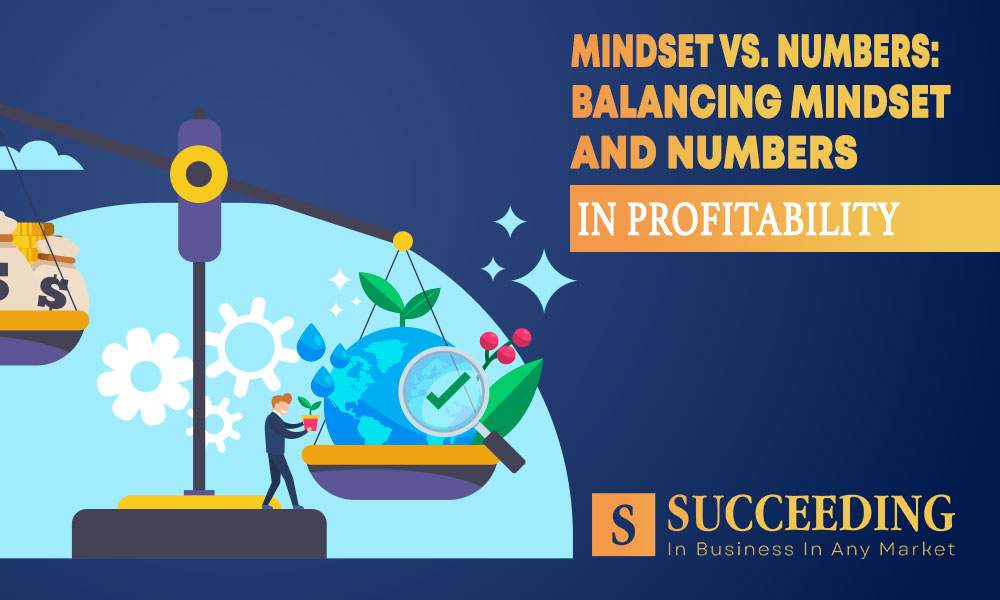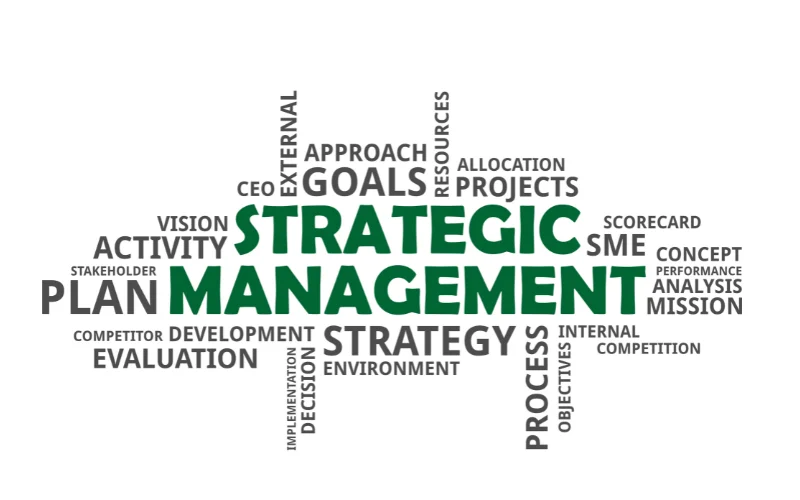Post Date: June 10, 2025

Emotional energy plays a crucial role in leadership, affecting a leader’s ability to connect with others, manage stress, and navigate challenges with resilience. Leaders with high emotional energy can effectively manage their emotions, communicate with empathy, and foster a supportive work culture. According to Anatolii Zasoba, mastering emotional energy is essential for energy management, as it enhances a leader’s capacity to engage, inspire, and empower their teams. This article explores the significance of emotional energy in leadership and offers strategies for building resilience and empathy.
The Importance of Emotional Energy in Leadership
Emotional energy refers to the inner resources that leaders draw upon to handle complex interpersonal situations, make decisions under pressure, and support their teams through challenges. Leaders with balanced emotional energy are better equipped to maintain composure, demonstrate empathy, and handle difficult situations with grace.
Emotional energy also impacts a leader’s ability to build trust. When leaders manage their emotions well, they foster an environment of psychological safety, where team members feel comfortable expressing themselves and taking risks. Additionally, leaders who are in tune with their emotions can engage more deeply with their teams, providing support and encouragement that strengthens morale and motivation.
Strategies for Managing Emotional Energy
- Develop Self-Awareness
Self-awareness is the foundation of emotional energy management. Leaders who understand their emotional triggers and patterns can better regulate their responses to various situations. Zasoba emphasizes that self-awareness enables leaders to identify the factors that drain or replenish their emotional energy, helping them make intentional choices that support emotional well-being.
To cultivate self-awareness, leaders can practice regular reflection. Journaling about their emotions, reactions, and challenges helps leaders recognize patterns and understand the sources of their emotional responses. This insight enables leaders to make proactive changes that enhance their emotional resilience and prevent burnout.
- Practice Empathy in Interactions
Empathy is the ability to understand and share the feelings of others, and it is a critical component of emotional energy in leadership. Leaders who practice empathy can connect with their teams on a deeper level, building trust and fostering open communication. By actively listening to their team members and acknowledging their perspectives, leaders show that they value and respect others’ experiences.
Practicing empathy involves giving team members full attention, asking open-ended questions, and responding with understanding. Empathetic leaders are more likely to detect signs of stress or disengagement among team members, allowing them to provide timely support. This approach not only strengthens relationships but also enhances team cohesion and morale.
- Set Boundaries to Protect Emotional Well-Being
Emotional energy can be quickly depleted when leaders are constantly exposed to high-stress situations without taking time to recharge. Zasoba advises leaders to set clear boundaries to protect their emotional well-being. This might involve establishing limits on work hours, setting aside time for restorative activities, or learning to say no to avoid overcommitment.
Boundaries help leaders maintain balance, preventing emotional exhaustion and enabling them to show up fully for their teams. Leaders should also communicate their boundaries openly with their teams, demonstrating the importance of self-care. By setting an example, leaders encourage their teams to respect their own emotional needs, fostering a healthier, more resilient work culture.
- Engage in Regular Emotional Check-Ins
Emotional check-ins are brief moments of introspection where leaders assess their current emotional state. Zasoba recommends incorporating these check-ins throughout the day, especially during or after stressful events. Leaders can take a few deep breaths, observe their feelings, and ask themselves questions like, “How am I feeling right now?” and “What can I do to support myself?”
These check-ins serve as reminders to practice self-compassion and make adjustments as needed. For instance, if a leader recognizes they are feeling overwhelmed, they might take a short break, delegate a task, or engage in a grounding exercise. Regular check-ins help leaders stay attuned to their emotional needs, making it easier to manage stress and maintain a positive outlook.
- Cultivate Resilience Through Mindfulness and Gratitude
Mindfulness and gratitude practices are powerful tools for building emotional resilience. Mindfulness involves staying present in the moment, which helps leaders manage stress and avoid ruminating on past challenges or future uncertainties. Zasoba emphasizes that mindfulness allows leaders to respond thoughtfully rather than react impulsively, promoting emotional stability.
Gratitude, on the other hand, shifts focus from challenges to positive experiences. Leaders can practice gratitude by reflecting on things they are thankful for, whether it’s personal accomplishments, team successes, or supportive relationships. Regular gratitude practice has been shown to improve mood and increase emotional resilience, helping leaders navigate challenges with optimism and empathy.
Practical Exercise: Emotional Energy Journal
One way to manage emotional energy is by keeping an emotional energy journal. Leaders can set aside a few minutes at the end of each day to record their emotional experiences, noting moments of high and low emotional energy, sources of stress, and actions that helped them recharge. Over time, this journal provides insights into the activities, interactions, or practices that impact emotional energy.
Leaders can use this journal to identify patterns, such as specific times of day when they feel more stressed or interactions that consistently drain their energy. By understanding these patterns, leaders can make adjustments to protect and restore their emotional energy. This proactive approach helps leaders stay balanced and resilient, supporting sustainable performance and well-being.
The Role of Emotional Energy in Team Dynamics
Emotional energy has a profound impact on team dynamics. Leaders who are emotionally balanced and empathetic create a work environment where team members feel valued and supported. This supportive atmosphere encourages open communication, collaboration, and mutual respect, all of which contribute to higher engagement and productivity.
When leaders demonstrate emotional resilience, they set an example for their teams. Team members are more likely to adopt healthy emotional management practices, leading to a more resilient, cohesive team culture. Leaders who manage their emotional energy also foster loyalty and trust, as team members feel they can rely on their leader for stability and support.
Overcoming Barriers to Emotional Energy Management
Leaders may face challenges in managing their emotional energy, particularly in high-stress or high-stakes environments. One common barrier is the misconception that expressing emotions is a sign of weakness. Zasoba’s approach counters this belief, teaching that acknowledging and managing emotions is essential for authentic, effective leadership.
Additionally, leaders may struggle to find time for self-care or feel guilty about taking breaks. However, Zasoba emphasizes that emotional self-care is essential for long-term success. By reframing emotional energy management as a core leadership responsibility, leaders can prioritize these practices without guilt or hesitation, understanding that emotional resilience enhances their ability to lead.
Conclusion
Emotional energy is a powerful force in leadership, influencing a leader’s resilience, empathy, and overall effectiveness. By developing self-awareness, practicing empathy, setting boundaries, and engaging in mindfulness and gratitude, leaders can build a strong foundation of emotional energy. Anatolii Zasoba’s insights highlight that emotional energy management is not only about self-care; it is about creating a balanced, resilient approach to leadership that supports both the leader and their team. Leaders who master their emotional energy can inspire trust, foster collaboration, and lead with compassion, contributing to a healthier, more successful organization.





